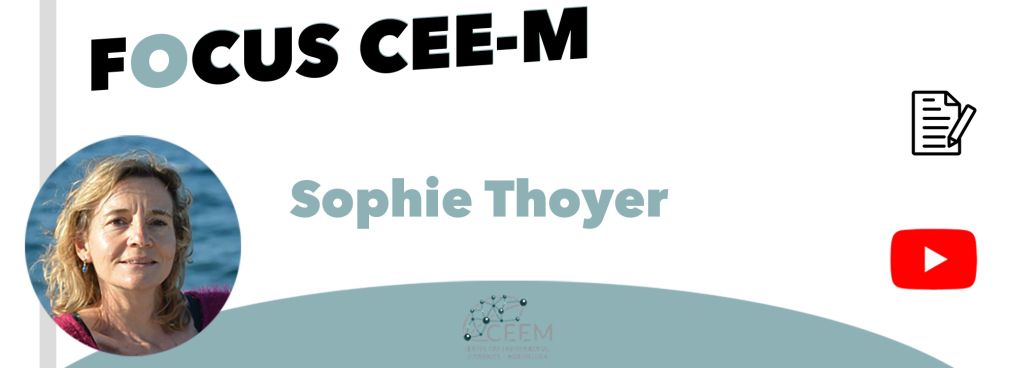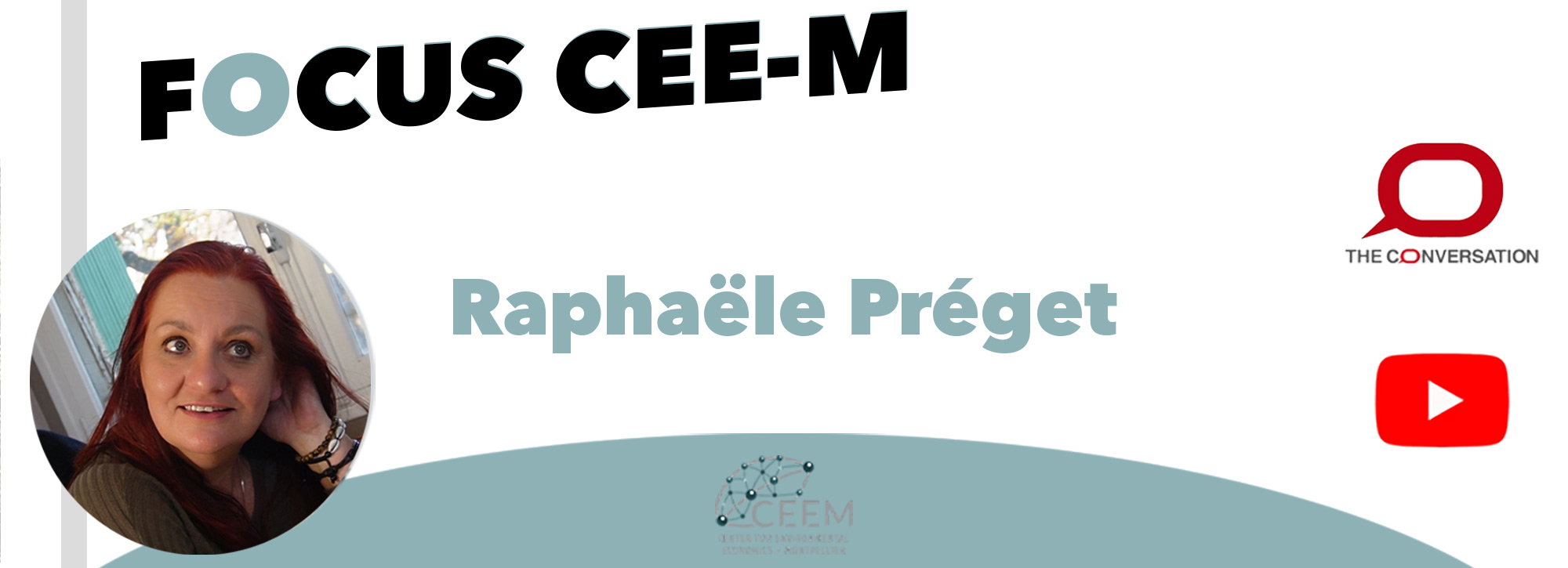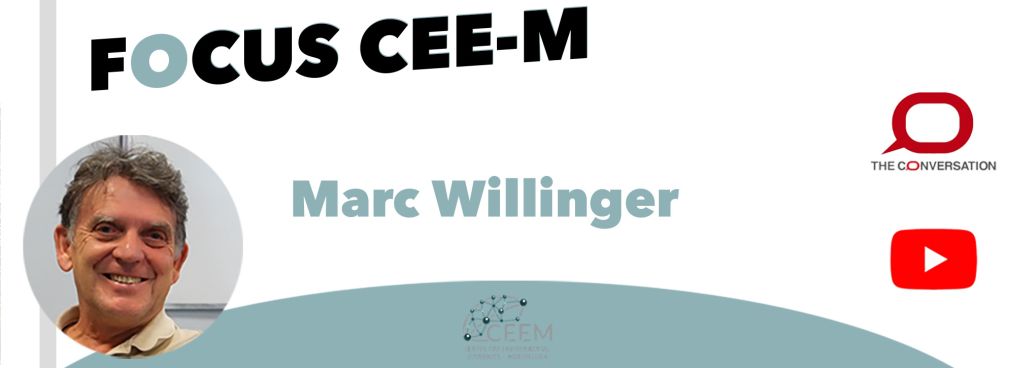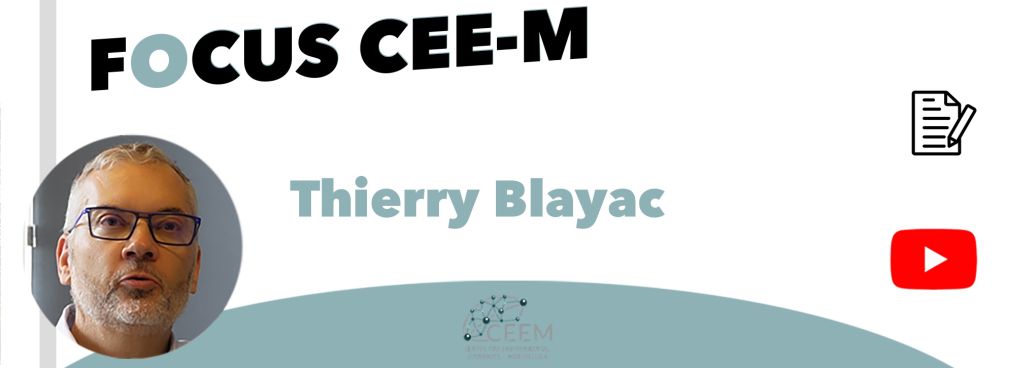Focus on : Lécole, P., Préget, R., & Thoyer, S. (2022). Designing an effective small farmers scheme in France. Ecological Economics, 191, 107229. doi: http://dx.doi.org/10.1016/j.ecolecon.2021.107229
Despite practices that are often more virtuous than those of large farms for the environment, and also sometimes more favourable for employment in rural areas, 40% of the smallest French farms receive less than 5% of direct aid from the first pillar of the CAP and many are those who give up asking for aid because of the complexity of the procedures.
In 2014, the CAP introduced the possibility for Member States to offer a simplified scheme for small farmers: a maximum amount of flat-rate aid of €1,250 per farm and per year without conditions and associated checks can then be paid if, in return, the farmer renounces aid from the first pillar. However, this special scheme has not been opened in France.
The objective of this work is to assess a more sophisticated flat-rate aid scheme, including environmental and employment conditions, by estimating the propensity of small French farmers to join a simplified aid scheme and by measuring in monetary terms their relative preference or their dislike for these conditions.
Hypothetical programmes
A survey was then conducted to test the interest of small farmers for this scheme. In this survey, hypothetical programmes were established, characterised by different levels of flat-rate aid (paid annually to the farm involved, regardless of its size, production, or location), and by different types of conditions on the environment and employment to be fulfilled to benefit from the programme.
Programme 0 corresponds to the current scheme for small farmers (not implemented in France) with a lump sum of €1,250/farm and no condition;
Programme 1 includes only the environmental condition: only farmers making a certified effort towards more environmentally-friendly agricultural practices are eligible for the programme.
Programme 2 combines the environmental condition with an employment condition stipulating that only farmers who create or maintain paid jobs for an equivalent of at least two months (even part-time and on a short contract) on their farm are eligible for the programme. The objective is to encourage farmers who need seasonal labour to recruit rather than overwork themselves or make members of their family work without declaring them.
Programme 3 combines the environmental condition with a stronger requirement on employment since, to be eligible, it is necessary to have a permanent salaried job on the farm for at least the equivalent of a third of the time. It is a way of encouraging permanent hiring, including family labour.
Simulations sur la population française des agriculteurs non retraités
A partir de cette enquête (dite enquête de choix discrets), nous avons simulé les résultats pour la France entière, en mobilisant les données du recensement agricole de 2020.
Simulations on the French population of non-retired farmers
From this survey (known as the discrete choice survey), we have simulated the results for the whole of France, by using data from the 2020 agricultural census.
Simulations for Programme 0: nearly 42,700 farmers (12% of non-retired French farmers in 2020) would choose this programme, i.e. the small farmers scheme, which France has chosen not to activate. Unsurprisingly, 95% of them are farmers who receive €1,250 or less direct aid from the first pillar, or none at all. The remaining 5% receive an average of €3,500 which they are willing to give up for a payment of €1,250, in order to be freed from administrative constraints and checks. The additional cost of this scheme, if it were to be adopted in 2023, is estimated for France at €128.6 million, i.e. an increase of 1.86% of the total budget of direct aid from the first pillar (estimated at €6909 million in 2020).
Simulations for Programme 1 with a lump sum payment of €3,000: nearly 33% of non-retired French farmers would join Programme 1. This is explained by the strong preference of small farmers for a programme that includes an environmental condition.
Simulations for Programmes 2 and 3 with a lump sum payment of €3,000: As they include an employment condition, the estimated joining rates for programmes 2 and 3 are lower than those of programme 1 (21% for programme 2 and 18% for programme 3) but are nevertheless high.
The additional costs of the simulated programmes are very low relative to the total cost of the status quo (less than 2%) and could easily be absorbed by a reduction in the amounts of direct aid for the largest beneficiaries.
Let us add that, according to our simulations, among the 33% of farmers who would join programme 1, 75% do not already comply with the environmental condition. These 75% are farmers who create an additional environmental benefit by joining programme 1 compared to the current situation. The net impact of programme 1, beyond the financial support provided to the smallest farmers, can be found in this high proportion of new certifications that could be obtained. This is shown in Figure 2, for programmes 1, 2 and 3, by distinguishing farmers who already comply with the conditions from those who do not yet comply with them and would therefore be required to contribute more (with regard to the environment or employment, depending on conditions).
Figure 2: Incentive effects of programmes with one or more conditions
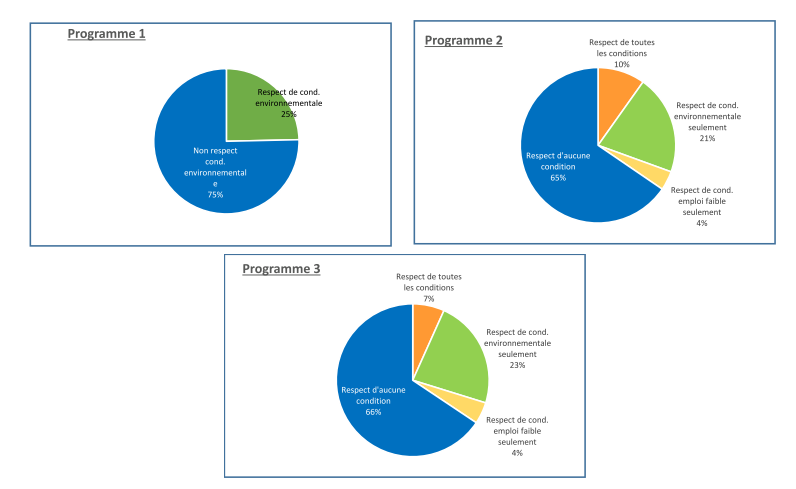
Figure 2: Incentive effects of programmes with one or more conditions
Conclusions
Conclusions
This work is the first contribution assessing the preferences of small farmers for a lump sum payment to replace the usual CAP income support scheme per hectare. It shows, first of all, that opening the simplified scheme for small farmers in France could have interested nearly 43,000 of them, for a very bearable additional cost. It also opens up perspectives on what could be proposed by France in the context of the application of the CAP post-2027. This study also indicates that opening a flat-rate scheme for small farmers, accompanied by an environmental certification condition, and a payment of at least €3,000, could act as a lever to accelerate the transition of small farms to more sustainable practices. Such a tool would be complementary to the “environmental certification” option eco-scheme in which it is unlikely that farms with very small surface areas would engage. It could also contribute to changing the social norm, by signalling that engagement in a certified agro-ecological transition is rewarded by society, even for small agricultural structures. The lump sum payment for small market gardeners, provided for in the National Strategic Plan, is a first step.

